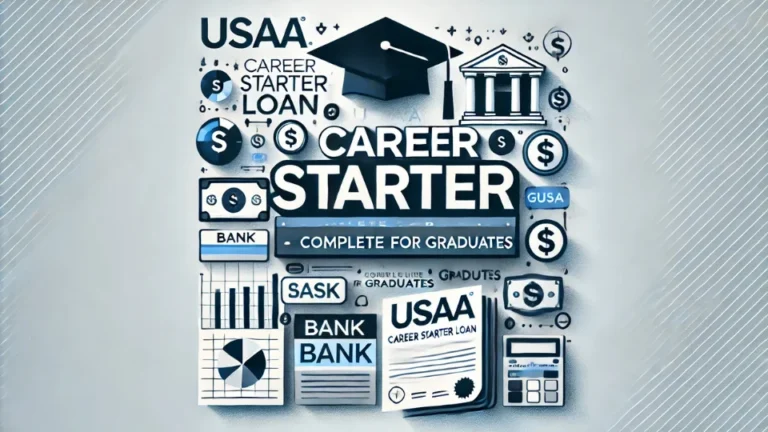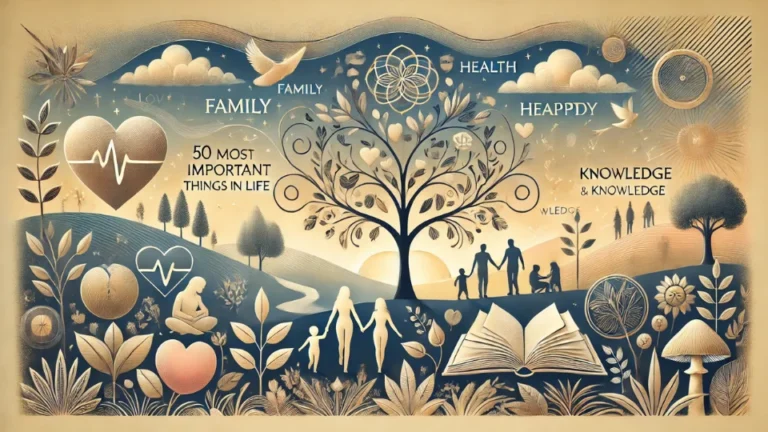25 Most Useless University Degrees

Not all college degrees are created equal. While many programs prepare students for high-paying careers, others don’t offer strong job prospects or financial return. This doesn’t mean these degrees have no value—they can offer personal growth or academic satisfaction. However, if you’re focused on employment opportunities and salary after graduation, some degrees might not be the best investment. In this article, we’ll explore the 25 most “useless” university degrees when it comes to job prospects and earning potential.
What Makes a Degree “Useless”?

Before we list the degrees, it’s important to understand what we mean by “useless.”
Factors Considered

- Low job demand: Few career opportunities directly related to the degree
- Low average salary: Earnings don’t justify the cost of education
- High unemployment rates: Graduates struggle to find jobs
- Limited career paths: Degrees that don’t translate into multiple job sectors
25 Most Useless University Degrees

1. Art History
Art History graduates often struggle to find jobs outside of education or museums, which are limited.
2. Philosophy
Philosophy sharpens thinking but doesn’t lead directly to many careers unless followed by law or graduate school.
3. Music
Unless you’re extremely talented and well-connected, it’s hard to make a stable income in music performance or theory.
4. Theater Arts
Acting jobs are rare and competitive, and many actors don’t make a full-time living from acting alone.
5. Anthropology
The job market for anthropologists is small, and most roles require graduate degrees.
6. Religious Studies
Graduates often find few career paths outside of education, ministry, or religious organizations.
7. Creative Writing
There are few stable jobs for writers unless combined with skills in marketing or communications.
8. Gender Studies
The job market for this degree is narrow, mostly in academics or advocacy, which may not pay well.
9. Fashion Design
Fashion is glamorous but very competitive, and many roles are unpaid internships or low-paying.
10. Communications
A general degree that often requires further specialization or graduate study to be marketable.
11. Culinary Arts
Many chefs work long hours for relatively low pay and must gain years of experience.
12. Sociology
Sociology is interesting but doesn’t directly connect to many high-paying careers without a graduate degree.
13. Fine Arts
Creating art professionally is difficult and often underpaid, unless you achieve fame.
14. Film Studies
There are limited jobs in the film industry, and they are highly competitive.
15. Education (General)
Teachers are important, but pay is often low, and job satisfaction can vary.
16. Ethnic Studies
This field can be eye-opening, but job options are often limited to teaching or advocacy.
17. Archaeology
Exciting in theory, but job openings are few, and pay is not always ideal.
18. Hospitality and Tourism
This industry can be unstable, especially during economic downturns or pandemics.
19. Dance
Careers in dance are rare, short-lived, and require extreme physical skill and endurance.
20. Literature
Reading classics may be enjoyable, but finding a job outside of teaching can be hard.
21. Liberal Arts
A broad field that often lacks specific career direction without further education.
22. Journalism
With the decline in print media, traditional journalism jobs are shrinking fast.
23. Photography
With smartphones and social media, photography as a profession has become oversaturated.
24. Psychology (Bachelor’s only)
Without a graduate degree, psychology majors may find it hard to land jobs in their field.
25. Political Science
Great for understanding politics, but real-world careers often require additional degrees or connections.
Why Students Choose These Degrees
Passion and Interest
Many students follow their passions, which is admirable. These degrees can be deeply fulfilling for the right person.
Lack of Guidance
Sometimes students pick majors without fully understanding the job market or career paths.
Easy to Get Into
Some of these degrees may have fewer entry requirements, making them more accessible.
Are These Degrees Really Useless?
Not entirely. While they may not lead directly to high-paying jobs, they can still be valuable in other ways.
Transferable Skills
Many of these degrees teach skills like writing, communication, and critical thinking, which are useful in many careers.
Graduate School Preparation
Some of these majors serve as a foundation for further education in law, business, or specialized fields.
Personal Fulfillment
A degree doesn’t have to be career-focused to be meaningful.
How to Make the Most of “Useless” Degrees
Gain Experience
Internships, volunteer work, and part-time jobs in related fields can improve job prospects.
Learn Job-Ready Skills
Adding skills in coding, business, marketing, or data analysis can help you stand out.
Network
Sometimes who you know matters more than what degree you have.
Consider Double Majoring or Minors
Pairing a less practical degree with a more career-focused one can open up more opportunities.
FAQs
Is it a waste to study something you love?
Not at all. But be realistic about career paths and plan accordingly.
Can I get a good job with one of these degrees?
Yes, especially if you gain additional skills or pursue a graduate degree.
Should I avoid these degrees completely?
Not necessarily. Just be sure you understand what you’re getting into.
What should I major in instead?
Fields like healthcare, engineering, computer science, and business usually offer better job prospects.
Conclusion
The value of a degree isn’t just about money or job titles. Still, when student loans and job markets are tight, it’s smart to consider future employment when choosing a major. The 25 degrees listed above may not be the best choice if your main goal is a stable, high-paying career. But with the right planning and effort, even a “useless” degree can lead to success. Choose wisely, follow your passion—but don’t forget to plan for the real world.






